Optimal Seasons for Waterproofing
Waterproofing is a critical process to prevent water intrusion and protect structures from damage caused by moisture. Timing plays a vital role in ensuring the effectiveness and longevity of waterproofing systems. Properly scheduled waterproofing can extend the lifespan of buildings, reduce maintenance costs, and prevent costly repairs related to water damage.
Spring and early summer are ideal for waterproofing projects due to moderate temperatures and lower humidity, which allow materials to cure properly.
Heavy rain, freezing temperatures, and high humidity can compromise waterproofing applications, leading to reduced adhesion and effectiveness.
Scheduling waterproofing before the rainy season ensures that the protective layers are fully cured and capable of withstanding moisture exposure.
Most waterproofing products perform best within specific temperature ranges, typically between 50-85°F, to ensure proper curing and adhesion.
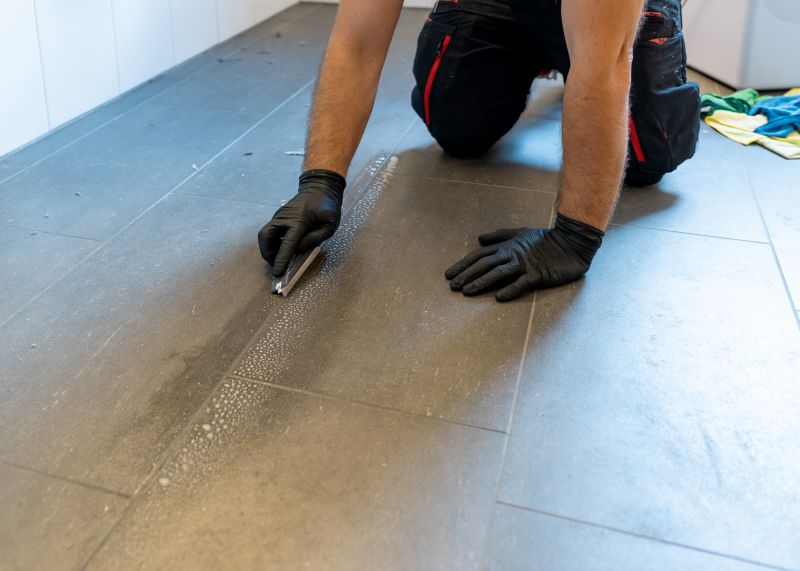
Ways to make Waterproofings work in tight or awkward layouts.
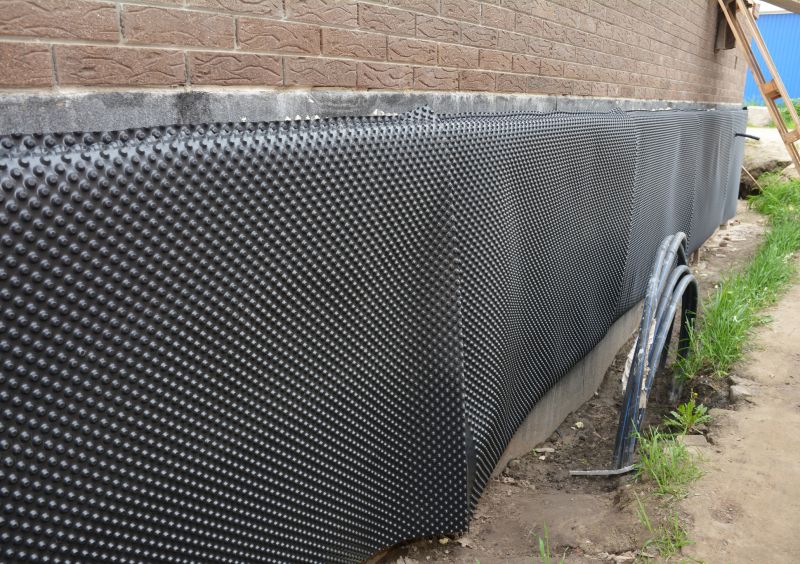
Popular materials for Waterproofings and why they hold up over time.
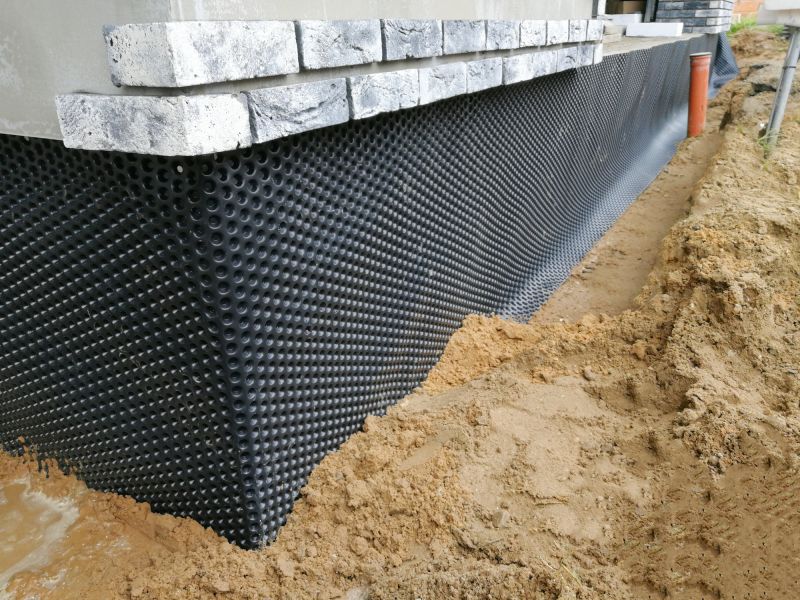
Simple add-ons that improve Waterproofings without blowing the budget.
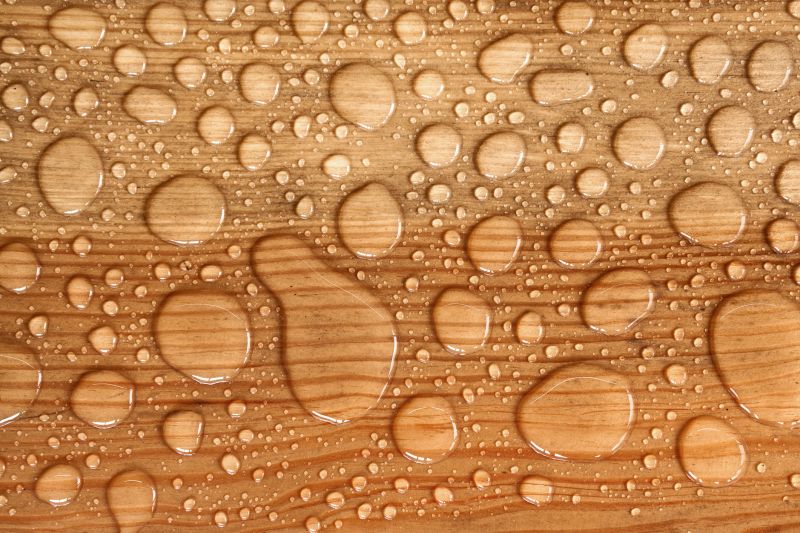
High-end options that actually feel worth it for Waterproofings.
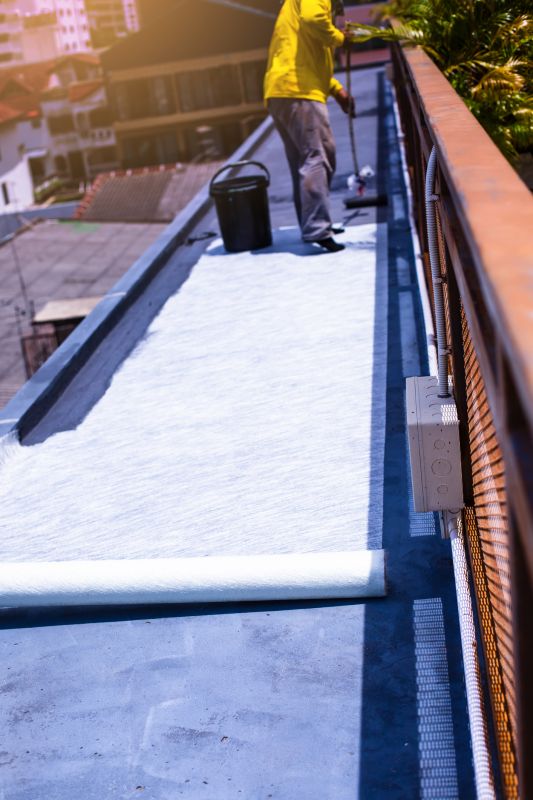
Finishes and colors that play nicely with Waterproofings.
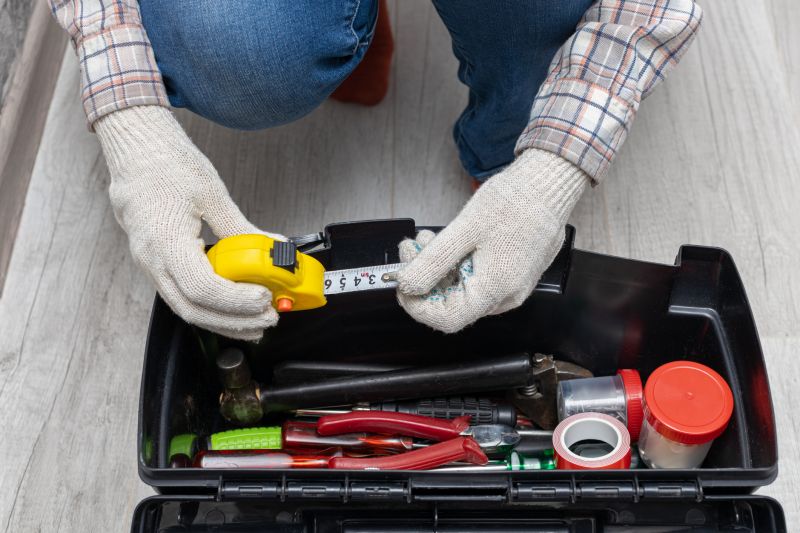
Little measurements that prevent headaches on Waterproofings day.
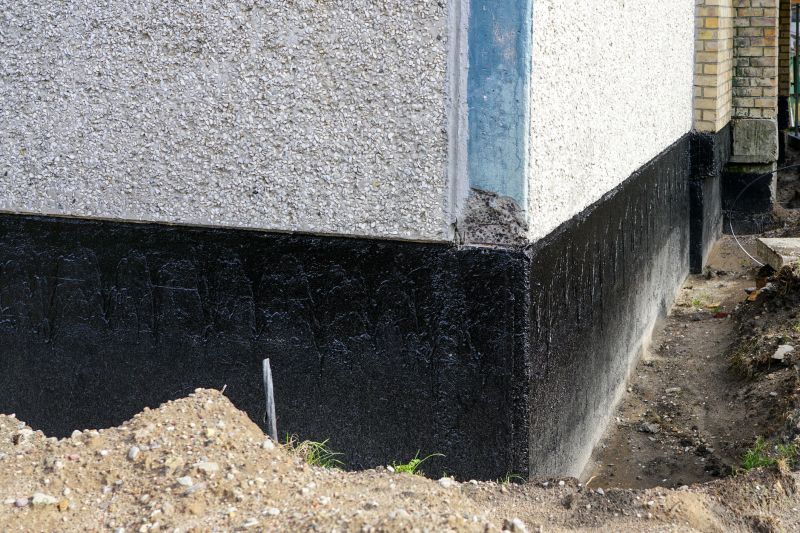
A 60-second routine that keeps Waterproofings looking new.
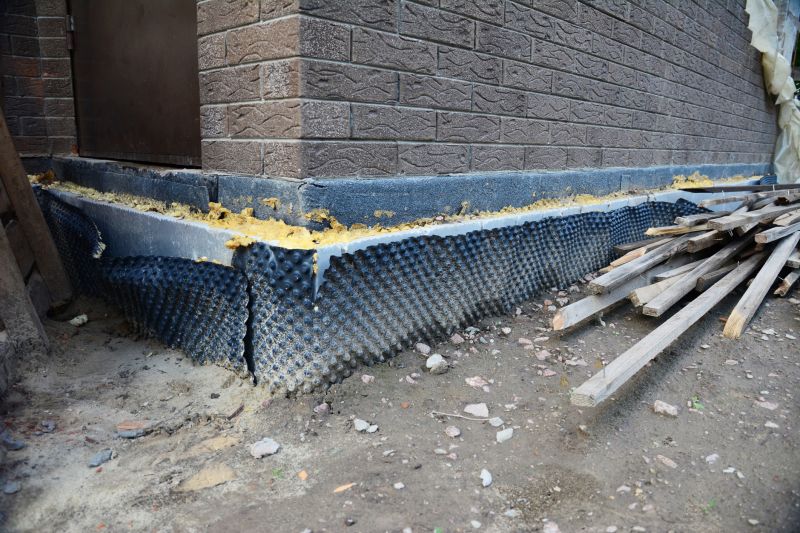
A frequent mistake in Waterproofings and how to dodge it.
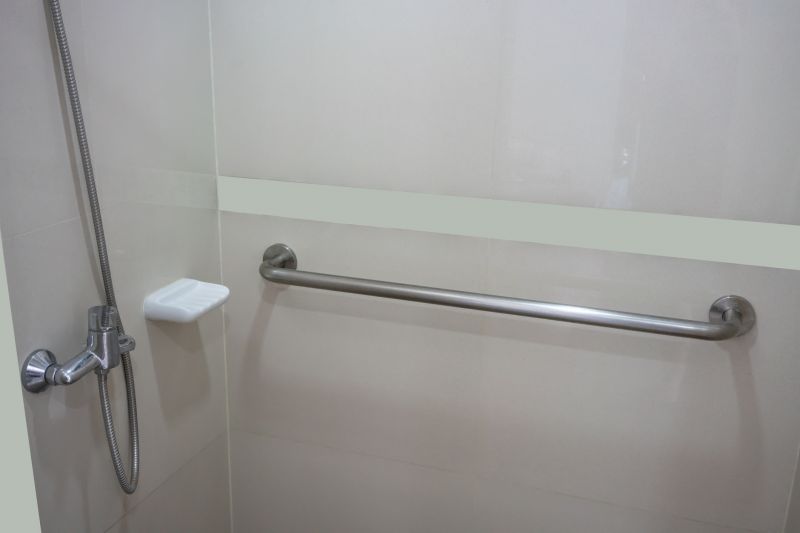
Small tweaks to make Waterproofings safer and easier to use.
| Season | Ideal Conditions |
|---|---|
| Spring | Moderate temperatures, low humidity, dry days |
| Early Summer | Warm weather, minimal rain, good curing conditions |
| Late Summer | Warm temperatures, low humidity, less rainfall |
| Fall | Cooler temperatures, dry weather |
| Winter | Cold temperatures and freezing conditions, not suitable |
Waterproofings are essential for protecting structures from water infiltration, which can cause structural deterioration, mold growth, and interior damage. Proper timing ensures that waterproofing materials adhere correctly and cure fully, maximizing their effectiveness. Advances in waterproofing technologies have improved application methods, enabling better performance across different weather conditions. Statistics indicate that correctly timed waterproofing can extend the lifespan of building components by up to 50 percent, reducing long-term repair costs.
In Hilliard, Ohio, understanding seasonal variations is crucial for scheduling waterproofing projects. Spring and early summer typically provide the most favorable conditions. Proper planning and execution during these periods can enhance the durability of waterproofing systems, ensuring buildings remain protected against moisture intrusion throughout the year.
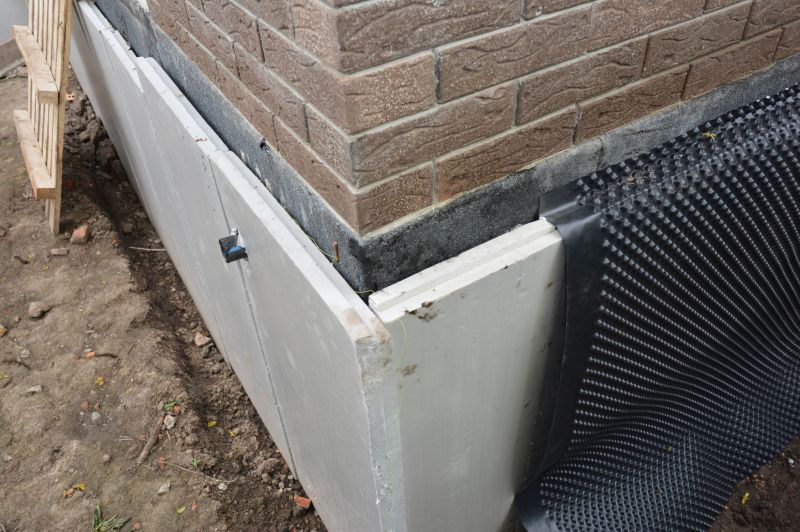
Lower-waste or water-saving choices for Waterproofings.
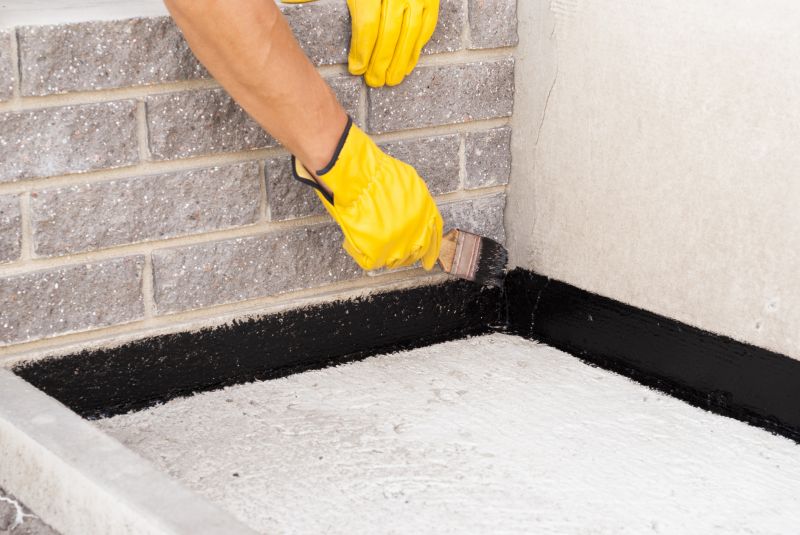
The short, realistic tool list for quality Waterproofings.
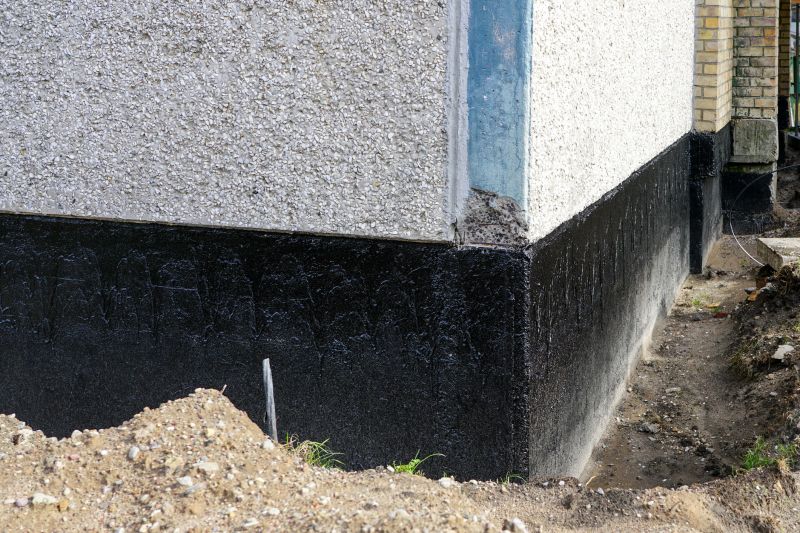
Rough timing from prep to clean-up for Waterproofings.
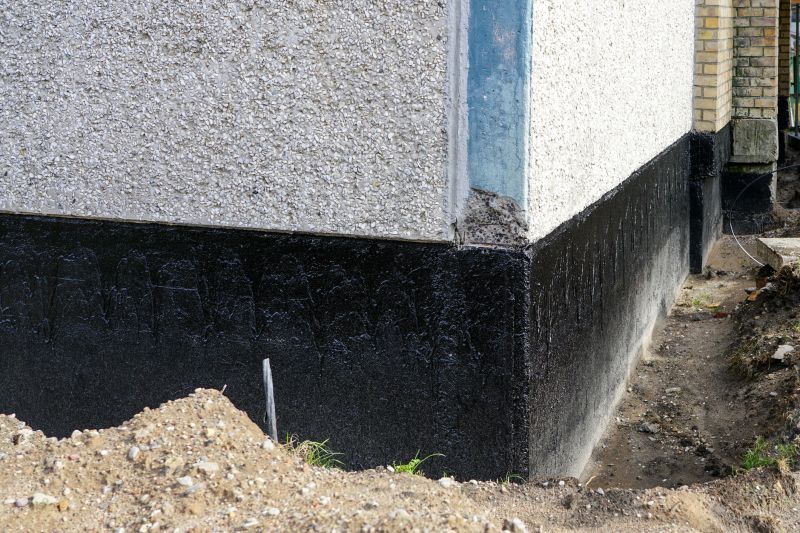
Quick checks and paperwork to keep after Waterproofings.
Individuals interested in waterproofing services are encouraged to contact for more information. Proper timing and application techniques are vital for ensuring long-lasting protection against water damage. Filling out the contact form provides an opportunity to discuss specific needs and schedule projects during optimal weather conditions.


